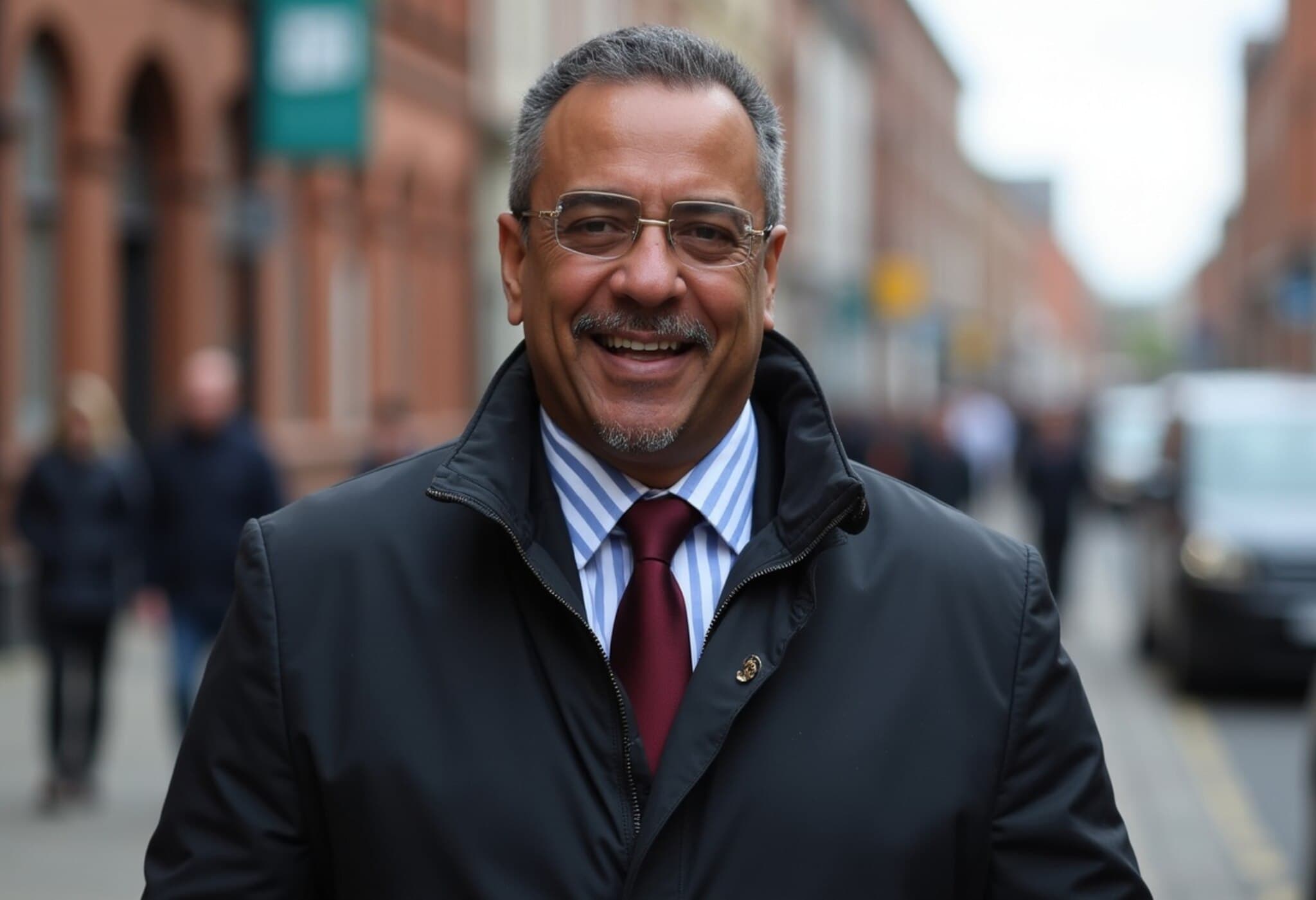Civil Servants Protest Against Work-From-Home Ban and Office Closures
Starting Monday, civil servants are set to embark on indefinite industrial action in response to a recent ban on working from home and the planned closure of several offices. Members of the Public and Commercial Services (PCS) union, particularly those working for the Ministry of Housing, Communities and Local Government (MHCLG) across various locations including London, will carry out industrial action short of a full strike.
Union Challenges ‘Rigid’ Office Attendance Policies
The PCS union has voiced strong opposition to the government’s decision to shut down six MHCLG offices over the next two years as leases expire. Alongside these closures, the union is contesting the enforcement of stringent office attendance rules and the withdrawal of location-neutral recruitment policies that permitted remote working.
Martin Cavanagh, PCS president, criticized these developments: “Removing staff from offices before leases end and disputing lawful industrial action notices reveals a disregard for proper consultation and fair process. Closing local offices while mandating strict office attendance is illogical. The solution is open negotiation, not obstruction.”
Government Response: Commitment to Regional Offices and Staff Roles
A MHCLG spokesperson highlighted ongoing engagements with staff and unions, explaining that four offices outside London are slated for expansion, while six others will close in line with lease terminations. The department affirmed it will maintain office presence in every English region as well as across Scotland, Wales, and Northern Ireland, assuring that affected employees will retain their positions.
Political Commentary and Public Sector Work Culture Debate
The friction extends beyond union circles, with political figures weighing in. Alex Burghart, shadow chancellor of the duchy of Lancaster for the Conservative Party, remarked, “It’s telling that walkouts aren’t centered on pay but on requests to return to physical workplaces and better utilize public buildings. If most workers can’t refuse travel to their jobs, why should civil servants have an exception?” Burghart further urged clarity from the opposition regarding their stance on balancing union interests with public expectations for effective government services.
Impact on Regional Offices and Staff
The protest notably involves staff at six offices earmarked for closure: Birmingham, Exeter, Newcastle, Sheffield, Warrington, and Cornwall’s Truro office, home to around 15 MHCLG employees as of late 2024. Civil servants play a critical role in housing provision, funding allocations, planning modernization, and ensuring safety standards, including remediation of hazardous building cladding.
Beginning Monday, workers at 21 MHCLG offices will operate strictly within their contractual obligations, refusing to comply with any non-contractual policies, signaling significant dissent over government-imposed changes.
Union Perspective on Employer Conduct
The PCS continues to express frustration over what it views as management’s efforts to avoid genuine dialogue. Cavanagh emphasized that enforcing mandatory attendance while closing local offices fails to address staff concerns and threatens workplace morale.
Looking Ahead: Negotiation or Prolonged Dispute?
While government agencies emphasize ongoing discussions and future expansions, the standoff highlights tensions between modernization plans and workforce preferences, especially regarding work flexibility. The outcome of these negotiations will likely shape civil service culture amid growing debates about remote work's place in public administration.
Stay tuned as this story develops, reflecting broader shifts in workplace expectations post-pandemic and the evolving relationship between public sector employers and their staff.











